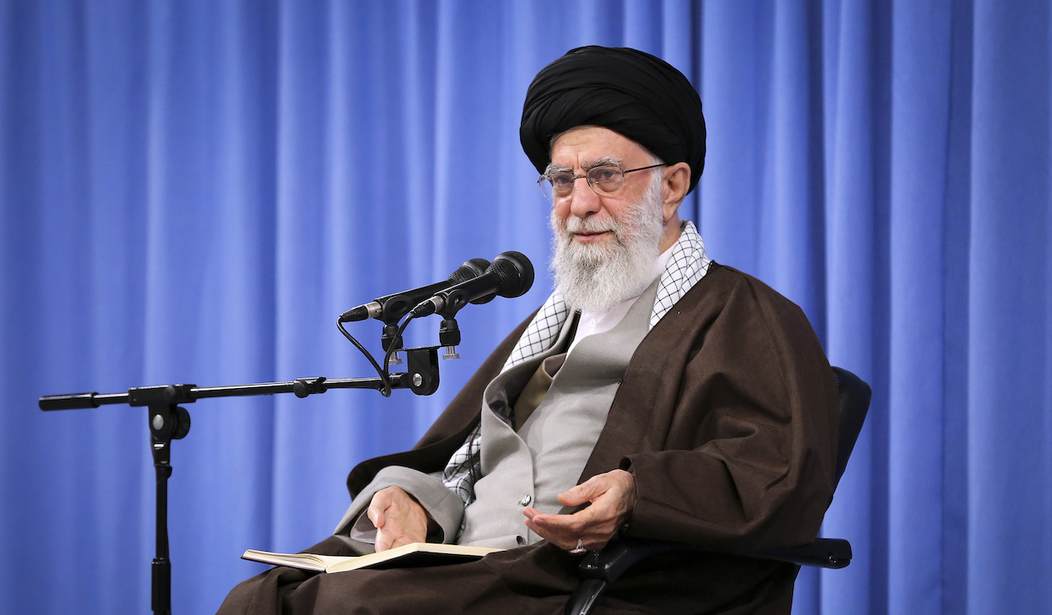As expected, the accumulated anger and dissatisfaction of Iranians, whose patience with the current economic and political conditions has come to an end and had manifested itself in recent months, first in the form of widespread strikes and protest rallies and now in the shape of public uprisings in cities of Khuzestan.
The people of Khuzestan province, in addition to facing skyrocketing prices, unemployment and the coronavirus pandemic are suffering from power and water outages in the scorching heat of this region, where the temperature is above 120 degrees.
The water shortage and drying up of rivers are due to the construction of numerous and unregulated dams by Iranian Revolutionary Guards Corps (IRGC), who built them on the Karkheh and Karun rivers for their own benefit and against the will of the people of this province. IRGC also has diverted the water from these rivers to other places, causing the people of Khuzestan to lose their agricultural products and livestock and in many villages even their drinking water has been cut off.
In almost all cities of the province people took to the streets with big demonstrations demanding the opening of the dams’ valve so that water could flow in the rivers. But Khamenei knows that giving in to the demands of the people and retreating against them will lead to a series of demands by people in other regions that he neither intends nor can grant. Thus, he again resorted to repressive methods such as what he did in November 2019, killing many people in the cities of Behbahan and Mahshahr to quell the uprising. Using repressive security forces and IRGC and bringing in reinforcements from other regions he tried to disperse the people and suppressed their protests.
These forces have killed, injured, and arrested people in various cities of the province so far.
Recommended
The regime also initially tried to justify its repressive actions by branding the protesters as separatists and affiliated with separatist and foreign forces, but since there was no sign of separatism in any of the demonstrators' slogans and their slogans were all focused on legitimate and basic demands of people, this ruse was not effective. On the contrary, this act of repressive forces not only did not quell the uprising, but widened the scope of the protests.
Although the regime shut down the Internet again to cut off communication between this province with other regions, the uprising spread outside this province, and slogans such as "Death to Khamenei" and "Death to the dictator" were chanted in these places. Also different ethnic groups in Iran, such as the Lors in Khorramabad and Lorestan and the Bakhtiari in the city of Masjed Suleyman, protested in large numbers.
On the one hand, the rapid spreading of uprising and insurgency to other provinces and cities of Iran, especially Tehran, has frightened the regime, and on the other hand, considering that Raisi will take over the presidency from Rouhani in less than two weeks, there are some rifts between authorities which makes the decision making for resolution of this crisis harder. So much so that even some high-ranking clerics of the regime such as Ayatollah Gorgani Issued a statement in support of the people of Khuzestan and called for resolution of their water shortage problems. Or former President Ahmadinejad in his speeches referred to the corrupt security gang that wants to solve the problems by repression and warned them not to do anything to make the people stand up. Qalibaf, speaker of parliament, and Shamkhani, the regime’s security adviser, also called for the release of the detainees to divert people’s attention. Some members of parliament, especially from Khuzestan, have repeatedly warned that the situation will worsen if the water shortage problem is not resolved. The governor of Khuzestan, by contacting Arab tribes’ sheiks in the region, tried to silence the people, especially the youth’s uprising with some promises.
But since the entire regime is based on a corrupt dictatorial system led by Khamenei, and as long as he is in power, there is no possibility of reform in the system of government, all these efforts will be fruitless, and this rift will only weaken Khamenei and IRGC and will spread the uprising to other areas in the near future.
Cyrus Yaqubi is a Research Analyst and Iranian Foreign Affairs Commentator investigating the social issues and economy of the Middle east countries in general and Iran in particular.

























Join the conversation as a VIP Member